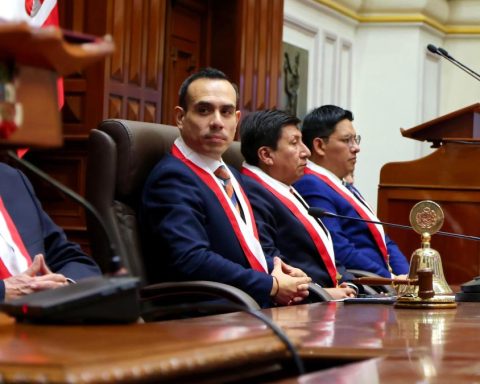Spanish, Mexican and French researchers published a study in which they relate the severity of severe coronavirus cases and persistent coronavirus with remnants of latent viruses that are activated after infection with SARS-CoV-2.
The study authors found that the HERV-W ENV retrovirus was significantly increased in serum and plasma in patients with COVID-19, especially those with severe illness.
“Our data suggest that HERV-W ENV is likely to be involved in the pathogenic features underlying acute and post-acute coronavirus symptoms,” say the researchers of this study, which was published on an open scientific platform but has yet to be published. revised and published in an official medium.
But what are retroviruses? They are the remains of old viral infections that are accumulated in the body. These remnants, called human endogenous retroviruses (HERV), lie dormant, dormant in the body, but always present.
According to research in recent years, these retroviruses could interfere in some way with physiological functions.
The researchers of this recent study analyzed retroviruses because it had previously been shown that they could be related to the immune system, especially when it overreacts.
For the spokesperson for the Spanish Society of Infectious Diseases and Microbiology, Concepción Gimeno, this study is important because it tries to find out why this exaggerated immune response occurs with COVID-19.
Researchers from the National Institute of Respiratory Diseases of Mexico, the universities of Lyon and Toulouse, and the Aragonese Institute of Health Sciences (IACS) carried out the study in vitro, experimenting in the laboratory, and for this they infected healthy cells with COVID -19.
So far, the recent study points out the following:
1. That SARS-CoV-2 can activate the production of HERV-W ENV in some blood cells of healthy people.
2. That this retrovirus is found in T lymphocytes of patients with coronavirus.
3. That HERV-W ENV is detected in all plasma or serum samples from severe cases of coronavirus; and that the level of HERV-W ENV increases with the severity of the disease.
What remains to be shown is whether retroviruses favor the severity of patients who contract coronavirus.














